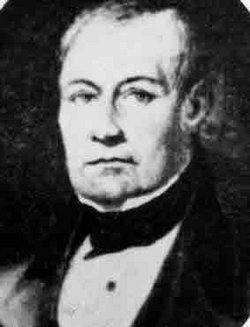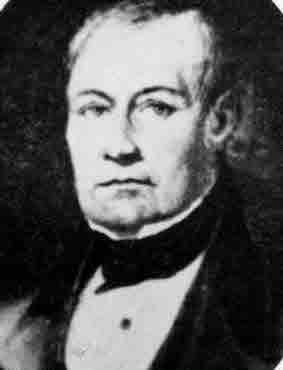In Sicily, he soon branched out in his own right to become one of the richest and most powerful men on the island. By today's values, he was a millionaire many times over. Ingham built a huge business dynasty in Sicily with massive investments in the USA, all with the help of five of his Ingham and Whitaker nephews, three of whom died whilst working for him, one by committing suicide. He tamed the Sicilian Mafia, became a Sicilian Baron and moved in the highest circles of Sicilian society, commanding considerable respect by loaning money to some of the nobility. He learned to speak fluent Italian with a marked Sicilian accent, tinged with a touch of Yorkshire. His story is one of failed romances, family tragedy, business success by sheer ruthlessness and eventually, a putative marriage to a highly-sexed Italian Duchess, Alessandra Spadafora, Duchess di Santa Rosalia who was nearly six years his senior, but whom he plainly adored. Ingham's delightful house in Palermo, Palazzo Ingham, became the city's Grand Hotel et Des Palmes in 1874, and his hugely successful Marsala wine business was eventually nationalised by Mussolini in 1927 and is now owned by the Cinzano Company.
Ingham made his fortune in Sicily, but invested heavily in the rapidly expanding 19th century economy of the USA. In 1861, when he died, Benjamin Ingham left a substantial fortune valued even then at £12,000,000. By 2006, that would be the equivalent to well over £1 billion or possibly even more,
Ossett History
In Sicily, he soon branched out in his own right to become one of the richest and most powerful men on the island. By today's values, he was a millionaire many times over. Ingham built a huge business dynasty in Sicily with massive investments in the USA, all with the help of five of his Ingham and Whitaker nephews, three of whom died whilst working for him, one by committing suicide. He tamed the Sicilian Mafia, became a Sicilian Baron and moved in the highest circles of Sicilian society, commanding considerable respect by loaning money to some of the nobility. He learned to speak fluent Italian with a marked Sicilian accent, tinged with a touch of Yorkshire. His story is one of failed romances, family tragedy, business success by sheer ruthlessness and eventually, a putative marriage to a highly-sexed Italian Duchess, Alessandra Spadafora, Duchess di Santa Rosalia who was nearly six years his senior, but whom he plainly adored. Ingham's delightful house in Palermo, Palazzo Ingham, became the city's Grand Hotel et Des Palmes in 1874, and his hugely successful Marsala wine business was eventually nationalised by Mussolini in 1927 and is now owned by the Cinzano Company.
Ingham made his fortune in Sicily, but invested heavily in the rapidly expanding 19th century economy of the USA. In 1861, when he died, Benjamin Ingham left a substantial fortune valued even then at £12,000,000. By 2006, that would be the equivalent to well over £1 billion or possibly even more,
Ossett History
Advertisement
Records on Ancestry
-
Geneanet Community Trees Index
-
England, Select Births and Christenings, 1538-1975
-
West Yorkshire, England, Church of England Baptisms, Marriages and Burials, 1512-1812
-
Italy, Find a Grave® Index, 1800s-Current
-
England & Wales, National Probate Calendar (Index of Wills and Administrations), 1858-1995
Sponsored by Ancestry
Advertisement




